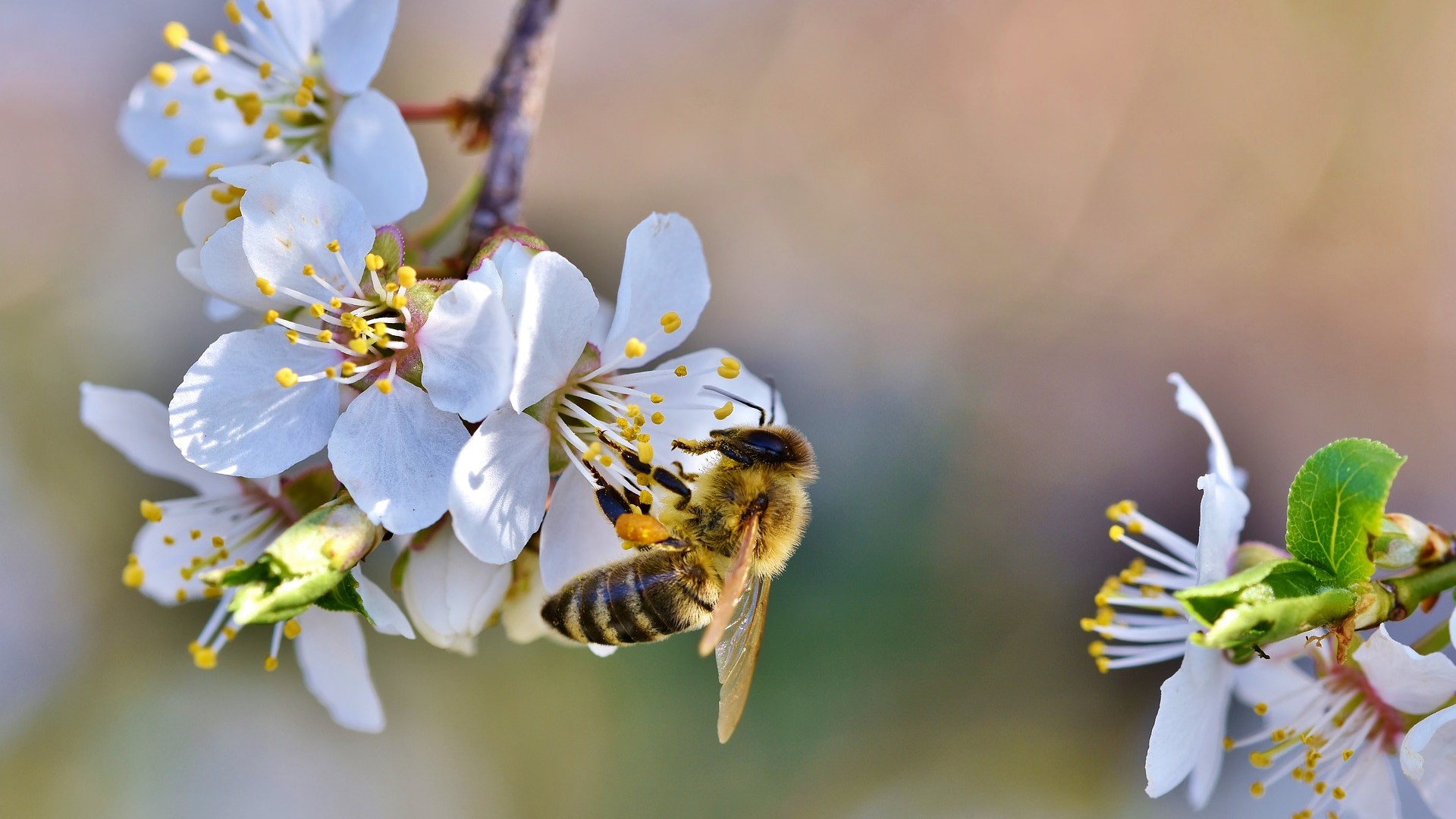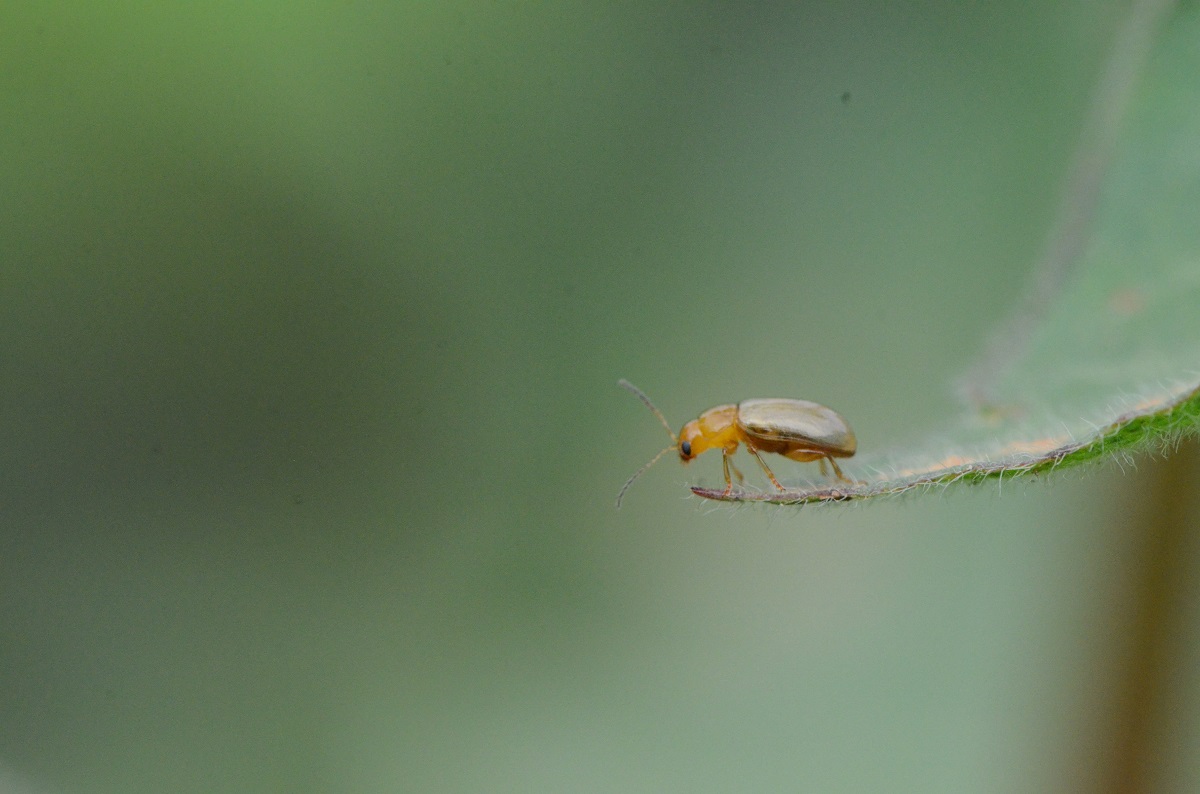Are pesticides all bad?
The government carries out a survey of pesticide use every year which they publish on the Pesticide Use Survey Statistics (PUS STATS) website. The data they publish only covers pesticides in detail by type (i.e. herbicides, fungicides, insecticides and so on). Crucially, this is only measured by weight and not [...]



